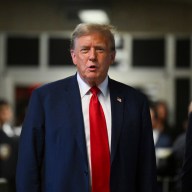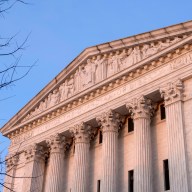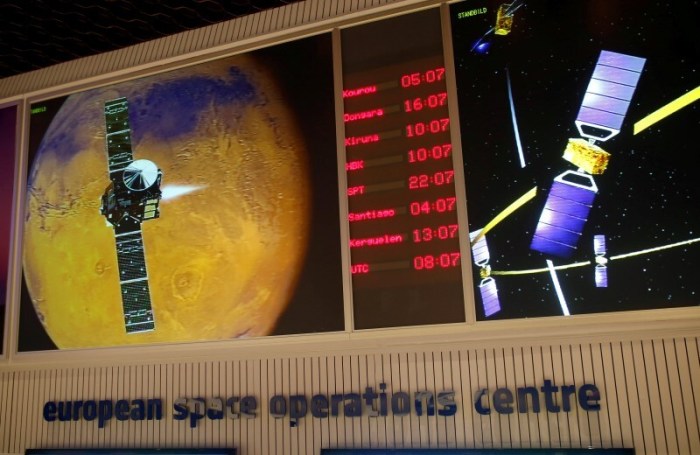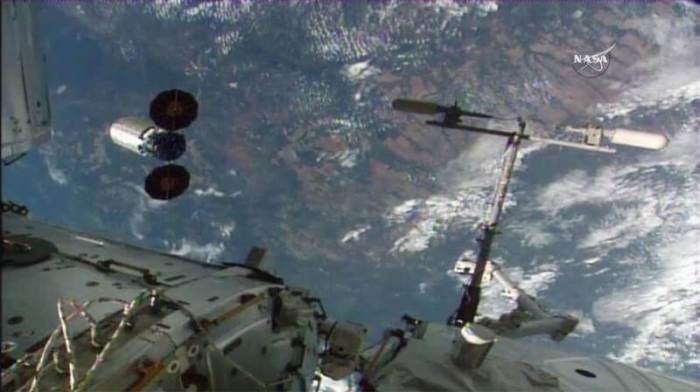By Irene Klotz
CAPE CANAVERAL, Fla. (Reuters) – Elon Musk’s SpaceX will make a second attempt on Monday to deliver one of two docking rings to the International Space Station, a crucial step in enabling U.S. commercial space taxis to ferry astronauts to the orbiting lab, NASA said on Sunday. Space Exploration Technologies, or SpaceX, tried last year to deliver a ring for the first time, but the equipment was destroyed during a launch accident.
“I know how critical this is for NASA,” Hans Koenigsmann, SpaceX’s vice president for mission assurance, said during a press conference on Saturday.
SpaceX’s Falcon 9 rocket and Dragon cargo ship are scheduled for launch at 12:45 a.m. ET from Cape Canaveral Air Force Station in Florida.
About 2.5 minutes after liftoff, the rocket’s main section will separate, turn around and attempt to land on the ground a few miles from the launch site.
A second docking ring is due to be delivered in 2017, the National Aeronautics and Space Administration, or NASA, said.
Owned and operated by Musk, the technology entrepreneur who founded Tesla Motors Inc, SpaceX is developing rockets that can be refurbished and re-used, potentially slashing launch costs. So far, it has successfully landed a Falcon on the ground once and on an ocean platform in three out of its last four attempts. SpaceX intends to launch one of its recovered rockets as early as autumn of this year, Koenigsmann said.
Landing the rocket is a secondary goal. The main mission is placing the Dragon capsule into orbit and sending it on a two-day trip to the station, a $100 billion laboratory orbiting about 250 miles (400 km) above Earth. The capsule holds nearly 5,000 lbs (2,268 kg) of food, supplies and equipment, including a miniature DNA sequencer, the first to fly in space.
The metal docking ring, built by Boeing Co, is 7.8 feet (2.4 meters) in diameter. After its attachment to a berthing port on the station, it will serve as a parking space for commercial spaceships under development by SpaceX and Boeing. The manned craft are scheduled to begin test flights next year. Since the U.S. space agency retired its fleet of space shuttles five years ago, the United States has depended on Russia to ferry astronauts to and from the station at a cost of more than $70 million per person. (Reporting by Irene Klotz; Editing by Frank McGurty and Alan Crosby)
SpaceX to try again to send docking ring for space taxis to station
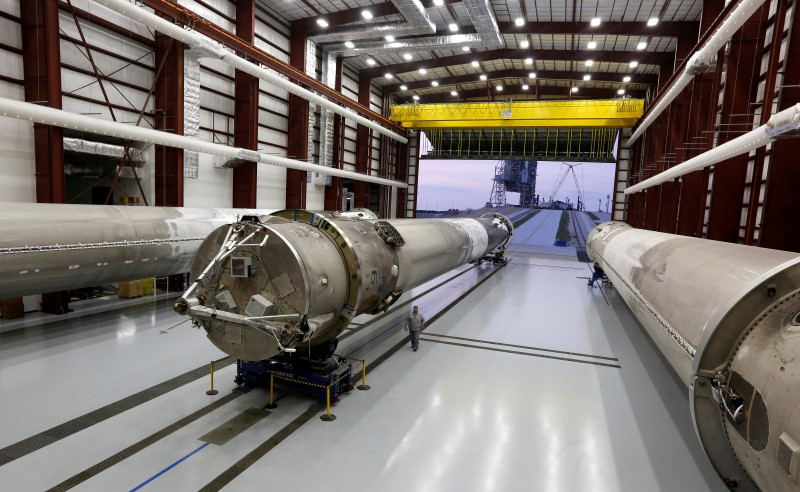
By Irene Klotz




